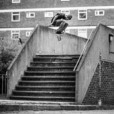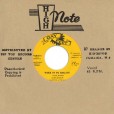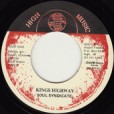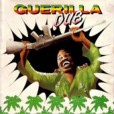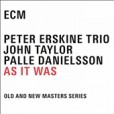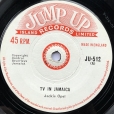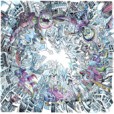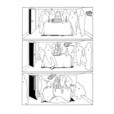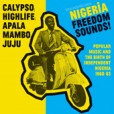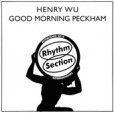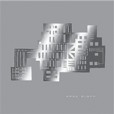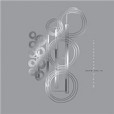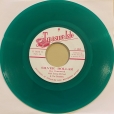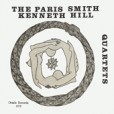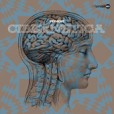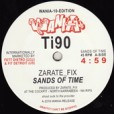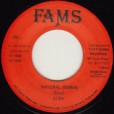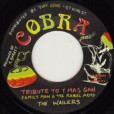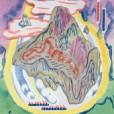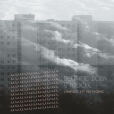Your basket is empty

Samo lived in Hong Kong for a bit. He rescued a dog and brought him back to Stockholm. He skates but that’s not him on the front. He put together one of the best very records on LIES but this four-tracker kills it dead. Ben UFO’s been rinsing it. The dog’s name is Denzil.
Shackleton’s most expansive, ecstatic and hallucinatory music to date. Four extended excursions channeling Congotronics way to the east, with an aura of restrained mania reminiscent of the feral pomp and gallows humour of Coil’s moon-musick phase.
The pairing with Tomasini is a match made in heaven. Swooping from deep growl to piercing falsetto, his four-octave voice both heightens the taste for the theatrical that’s always been integral to Shackleton’s music, and makes explicit the latter’s kinship to the occult energies of the UK’s post-industrial underground.
As the title suggests, these are shadowy songs rich with allusions to bodily ritual and psychic exploration, with Tomasini’s lyrics framed by luminous whirls of hand-struck drums and synthetic gamelan, bells and tumbling organ melodies, all earthed by dubwise bass. You Are The One escalates from delicate choral chant to full-bore psychedelic organ freakout; Rinse Out All Contaminants is a slow incantation, to purge all negative thoughts; the melodies of Father You Have Left Me are smudged like early Steve Reich, then burned out by snarling subs; and the magnificent Twelve Shared Addictions balances elliptical melodies like spinning plates, gradually unfurling into a breakneck storm of voice and hammered keys.
None other than Blawan on his lonesome ownsome — after collaborations with Pariah as Karenn, and Surgeon as Trade — returning to the blood-drenched scene of his heinous Why They Hide Their Bodies.
New name, new sound; heavier and slower than his Ternesc output. The title track is the banger. Acid techno — deliberate, widescreen and ominous.
Aka Olive Grant — the same Senya who broke through at Randys in 1974 with Oh Jah Come and Children Of The Ghetto — with The Wailers backing.
Deeply zonked and moody variation on The Abyssinians’ classic, with a wicked blend of kit and machine drums. Rough.
‘As always, there is a true touch of otherness to Delphine’s voice and approach. While most of the melodies are homespun, there is an abiding oddness to the electronic squiggles, keyboard swathes and found sounds that sit behind everything. At times it sounds as though she’s reciting nursery rhymes from another planet… and there’s an lazy jazziness to Mocke’s guitar playing that sets everything off quite beautifully’ (The Wire).
‘Recorded in an old church in the village of Mauzun in the Puy-de-Dôme, L’invisible est multiforme is an invitation to let these abstract songs erase our obsessive thoughts of the day, to open ourselves to the vibrant poetry of the air and the evening, to finally forget ourselves. Each note played by these four intertwined hands is like a slight break in the fabric of time, sliding one over the other, reminding us of mortality and its beauty. Ritornellas flow out of mechanical clocks, fragile, taking care not to hurt the silence. Both seek to dig and open up new paths to enrich their duet, to open up imaginary landscapes. Sometimes the guitar cuts. through the fabric of an organ, fractures the song, just as the rain erases a landscape, redrawing it. But very quickly, both of them continue to follow this new path, improvising what will serve as a framework, a perspective, a language. There is a kind of praise for slowness in this ‘invisible’, a desire to hold back the song, not to let it slip away, to let the listener’s ear enter its course, to share the last note, its illumination. Each of these thirteen short sound pieces merge into a common colour, a vibration close to the different tonalities, which inter-penetrate, like a cubist painting. Words cannot take away the mystery of this record, words can only fail to describe the music, you must hear it’ (Michel Henritzi).
Beautifully presented, with numerous photographic inserts.
